The UK would be wise to appoint a ‘car czar’ charged with coordinating efforts to promote electric vehicles, implementing relevant policies, and addressing challenges impacting EV adoption, according to a Lords committee.
In a new report titled EV strategy: rapid recharge needed which was published following an inquiry in August 2023, a House of Lords committee accepted that the factors affecting EV transition were complex, covering a wide range of policy areas from planning regulation to taxation, waste management to industrial strategy.
Even so, it concluded that such complexity demanded a range of government departments and public bodies to deliver consistent and joined-up progress and would be best achieved by either the Office for Zero Emission Vehicles being resourced sufficiently to coordinate action or a new body such as a new ministerial taskforce to provide direction.
“If the Government now moves forward with renewed and concerted focus, it is still possible to ensure a successful EV transition that enjoys the confidence of the public and makes the necessary contribution to the UK’s net zero targets,” it said. “However, if it fails to heed our recommendations the UK will not reap the significant benefits of better air quality and will lag in the slow lane for tackling climate change.”
Faced with conflicting claims and alarmist headlines, it said car buyers considering an electric vehicle (EV) needed a go-to source of comprehensive, clear and balanced information.
In the report published today, the House of Lords environment and climate change committee recommended that the Government develop a communication strategy in collaboration with industry and consumer organisations as well as publishing a roadmap setting out the steps it will take to achieve the 2035 target, focusing on several key steps to:
Tackle the disparity in upfront costs between electric and petrol and diesel cars. There is an insufficient range of affordable EVs, and EVs are more expensive than their petrol and diesel equivalents. The upfront cost of EVs, including second-hand cars, remains a significant barrier to consumer adoption and targeted grants should be reconsidered for EV purchases. Unlike markets across Europe the Government has removed incentives to support private buyers with upfront costs for EVs.
“This is premature as we seek to move from early adopters and fleets purchasing EVs to a wider proportion of the population. Any incentives should be tapered as the prices of EVs fall and approach parity with petrol and diesel equivalents,” it said.
Boost the charging infrastructure rollout. The number and range of public chargepoints must anticipate demand, giving consumers confidence in purchasing an EV, and keep pace with the number of EVs on the road. The Government must urgently review outdated and disproportionate planning regulations which are a major block to the rollout.
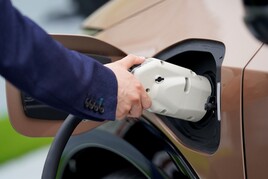 It said that while there has been significant private investment, a considerable number of chargepoints necessary for 2035 will not be commercially viable for industry to install by this point.
It said that while there has been significant private investment, a considerable number of chargepoints necessary for 2035 will not be commercially viable for industry to install by this point.
“The Government must tackle delays in the rollout of funding schemes for public chargepoint infrastructure and build on the support available to local authorities. The Government must also bring forward legislation to introduce new powers to direct local authorities in areas where there is insufficient infrastructure.”
“As many local authorities face major funding challenges, central government support, such as through the Local Electric Vehicle (LEVI) fund, will be crucial in enabling local government to fulfil its role”
Ensure charging is reasonably priced, convenient, and reliable. While in many cases EV charging costs less than petrol refuelling, the committee said the Government must explore options for equalising the discrepancy between the VAT rates for domestic and public charging.
“The current situation is unfair for drivers without access to off-street parking. Recently introduced regulations to ensure chargepoints are accessible and user-friendly are welcome—these should be reviewed by summer 2025 at the latest to explore how the Government can go further as technology and consumer behaviour evolves,” it said.
Begin an urgent review of road taxation. The shift from petrol and diesel to EVs—currently exempt from fuel duty, congestion charging and vehicle excise duty—necessitates a radical rethink of road taxation. The tax system should be aligned with the Government’s policy objectives.
The Lords committee said: “Fiscal measures must incentivise low-emission choices and disincentivise polluting ones. As the UK moves away from petrol and diesel cars, people need an understanding of the total cost of motoring with EVs. We support the conclusions of the Transport Committee’s 2022 report that comprehensive reform of road taxation is needed, to start an honest conversation with the public and work towards a system that is seen as fair and enjoys public acceptance.”
In response to the report findings, Ian Plummer, commercial director of Auto Trader, said: “The Lords Committee has rightly grasped the urgency of putting the electric transition back on track and instilling confidence with drivers, because after the Government delayed its ban on new petrol and diesel sales last September more than a third of consumers said they would never go electric.
“That means ending the unfairness of higher VAT on public charging, for example, and restoring grants in a targeted fashion to make electric vehicle ownership a viable option for everyone. EVs need to be accessible to all, so we welcome this report and urge the government to act.”
Mike Hawes, SMMT chief executive, said: “The Lords report recognises the role government must play in accelerating the EV transition. Many of the recommendations have already been highlighted by industry, such as chargepoint rollout ahead of need, equalising VAT on public charging to home charging and the importance of purchase incentives, which could be delivered by a VAT cut.
"The report also notes the need for clear, consistent communication of the UK’s ambition. The industry will continue to work with government to ensure this is a transition for all - including ministers whose cars should also be electric by the end of the year.”

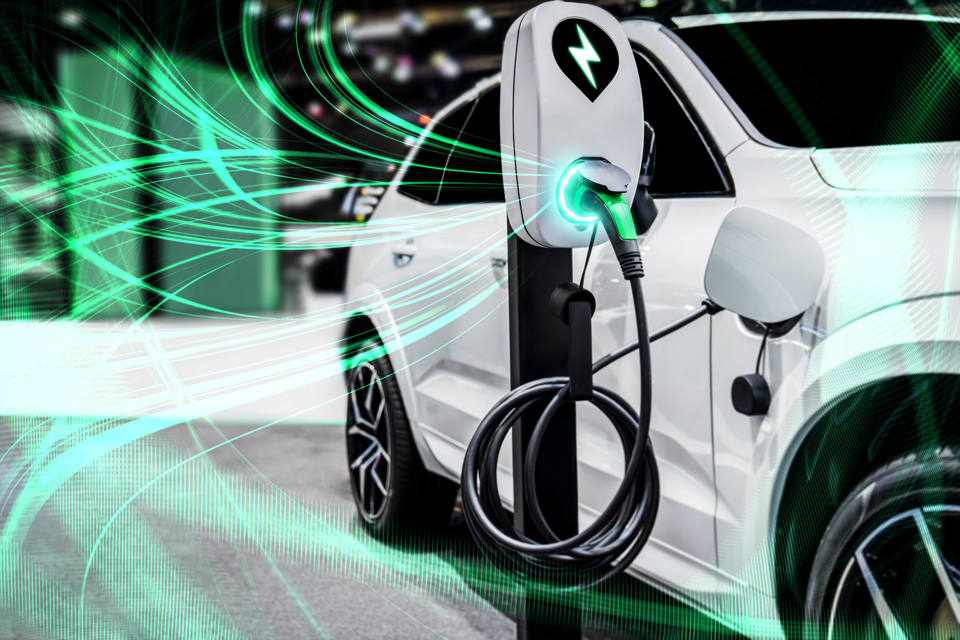


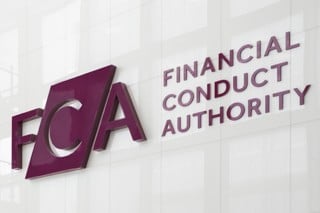
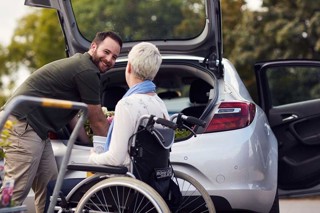

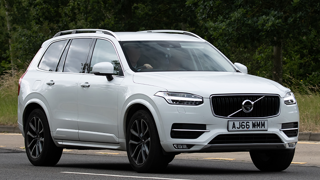














Login to comment
Comments
No comments have been made yet.